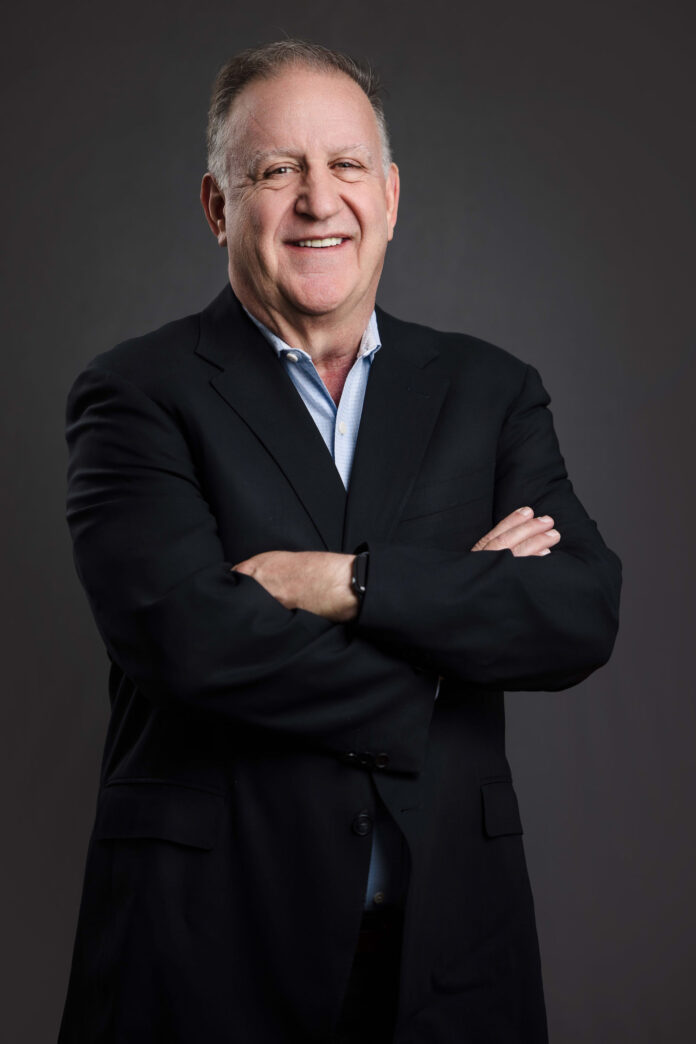Shares of Valencia-based skin-treatment company Avita Medical Inc. rose 16% in the two trading sessions following the company’s June 8 announcement that it had won Food and Drug Administration approval for expanded use of its regenerative skin-cell treatment.
Avita Medical has developed a drug platform it calls Recell, which extracts certain regenerative cells from a patient’s skin and then applies it in spray-on form to damaged skin. This spray can be used alone or in conjunction with skin grafts.
The idea is to reduce or eliminate the use of skin from donors. In critical wound situations, this can be a crucial time-saver. And it also lessens the chance of complications that could arise when a skin transplant from a donor is rejected by the patient’s immune system.
In September 2018, the FDA approved the use of this Recell platform to treat specific types of burns. Earlier this month, the FDA approved the expanded use of the Recell technology platform to treat what are known as “full thickness skin defects.” These include trauma wounds, chronic wounds, some surgical wounds, and some chronic skin conditions.
Avita Medical said in its announcement that this expanded use will increase the market opportunity for the Recell platform technology five-fold over its current allowed use. The company said it intends to start marketing for these expanded uses on July 1.
“In anticipation of the expanded indication, we more than doubled our field sales organization in the first few months of the year,” said Jim Corbett, AVITA Medical’s chief executive. “Our sales team is now ready, trained, and fully prepared for the commercial launch.”
Shareholders jumped at this news, sending shares up more than 12% on June 8 and then another 4% on June 9.
For Avita Medical, this represents a significant breakthrough in the world’s largest market for skin-defect therapies. It follows FDA approval last year of supplemental technology aimed at making the regenerative skin cell-harvesting device more user-friendly.
This relatively rapid series of FDA approvals also represents a payoff for the company’s strategic decision four years ago to pursue a complex series of maneuvers to realign the company’s corporate structure to make it more compatible with regulatory and market structures in the United States, a process known as redomiciliation. The company had previously relocated its headquarters to Valencia from Melbourne, Australia, where it was originally founded in 1992. But it still had its primary stock market listing on the Australian Securities Exchange and had to keep two sets of financial books: one for its United States operations and the other for Australia. The redomiciliation to the United States was estimated to save at least $400,000 a year in professional service expenses.
As part of the process, the company’s stock had to undergo a reverse split, whereby shareholders of AVITA Medical that had traded on the Australian Securities Exchange received one share of common stock in the new United States company as traded on the Nasdaq exchange for every 100 shares held in AVITA Medical.
Separately, in 2018, the company acquired the lease for a 23,000-square-foot manufacturing facility in Ventura that has since become its main production plant.
While the United States is Avita Medical’s largest market, the company also has won the right to market – and is selling – its skin treatment products in its native Australia, as well as Europe and Japan.
